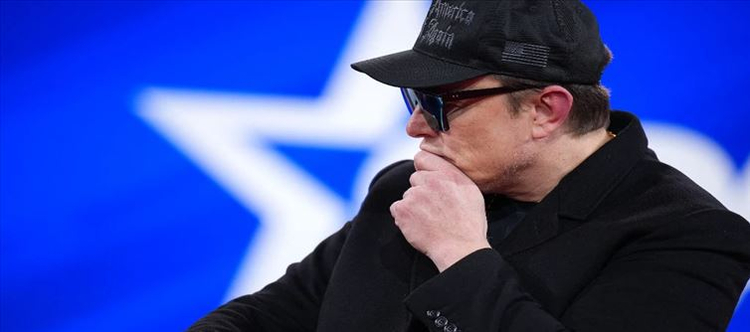
Elon Musk vs. Trump’s Trade War: A Billionaire’s Rebuttal to Economic Nationalism
In a political landscape defined by sharp rhetoric and even sharper economic swings, Elon Musk has once again entered the fray—not with rockets or EVs, but with a pointed critique of former President Donald Trump’s trade policy. The tech mogul’s comments, targeting Trump’s hardline tariff strategy, have reignited a familiar debate in Washington and Wall Street alike: Has America’s pivot toward protectionism gone too far?
During a recent public forum, Musk questioned the efficacy of Trump’s aggressive tariffs on Chinese goods and other global imports, labeling the measures as “shortsighted” and “counterproductive to innovation.” For a figure often praised by conservatives for revitalizing American industry, Musk’s remarks may come as a surprise. But behind the criticism lies a deeper ideological rift between two competing visions of American economic power.
Tariffs vs. Tech: A Philosophical Divide
Trump’s trade policies were built on the promise of restoring American manufacturing and reducing dependence on foreign markets. His administration slapped billions in tariffs on imports from China, Europe, and even allies like canada and Mexico, in the name of protecting American jobs.
Musk, by contrast, has made his fortune on global scalability. Tesla’s supply chain stretches across continents. SpaceX relies on international talent and materials. For him, borderless commerce isn’t a threat—it’s an imperative.
“This kind of economic nationalism might win votes,” Musk reportedly said, “but it loses in the long term when it stifles competition and raises costs for American consumers and companies alike.”
Backlash and Blowback
Unsurprisingly, Musk’s stance drew swift reaction. Populist commentators accused him of siding with global elites. “Easy for a billionaire to say,” one prominent conservative pundit tweeted. “He’s not the one whose factory moved to Mexico.”
Yet others in the business community quietly nodded in agreement. CEOs in tech and manufacturing alike have long lamented the unpredictability and cost of Trump-era tariffs. Musk, it seems, is saying aloud what many only whisper.
The Free Market at a Crossroads
Musk’s critique lays bare a broader philosophical crisis within American economic policy. Is the U.S. still the standard-bearer of free markets and open trade? Or has it fully embraced protectionism as the new normal?
The answer may determine more than just economic outcomes—it could reshape America’s global influence and innovation edge.
For now, Musk remains an unpredictable voice in an even more unpredictable political economy. But as the U.S. inches toward another contentious election cycle, his words may carry more weight than even a Falcon Heavy launch.




 click and follow Indiaherald WhatsApp channel
click and follow Indiaherald WhatsApp channel